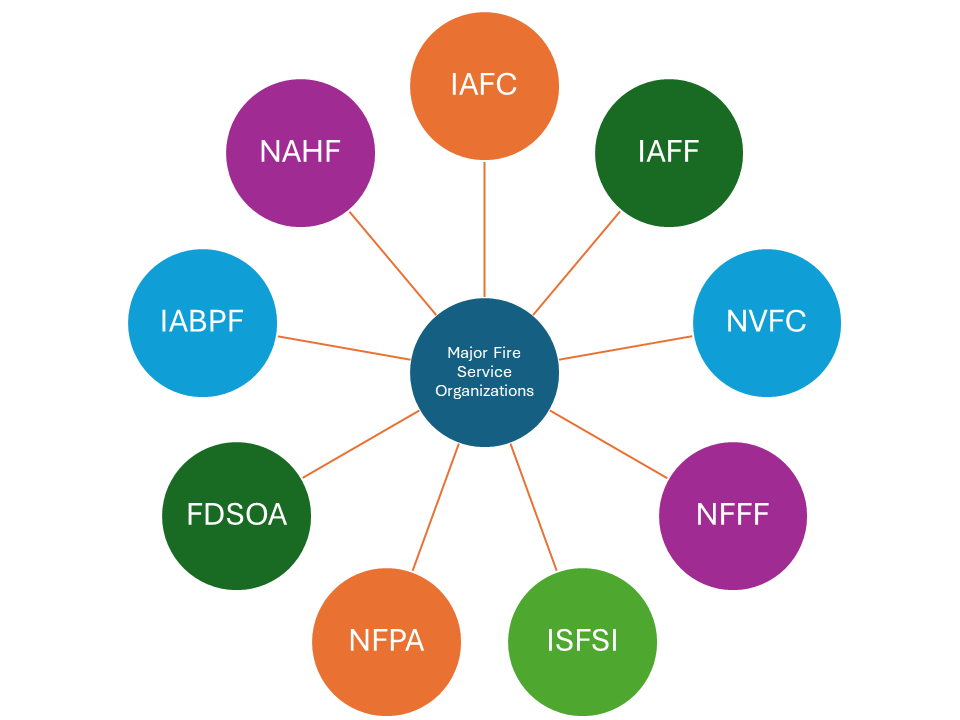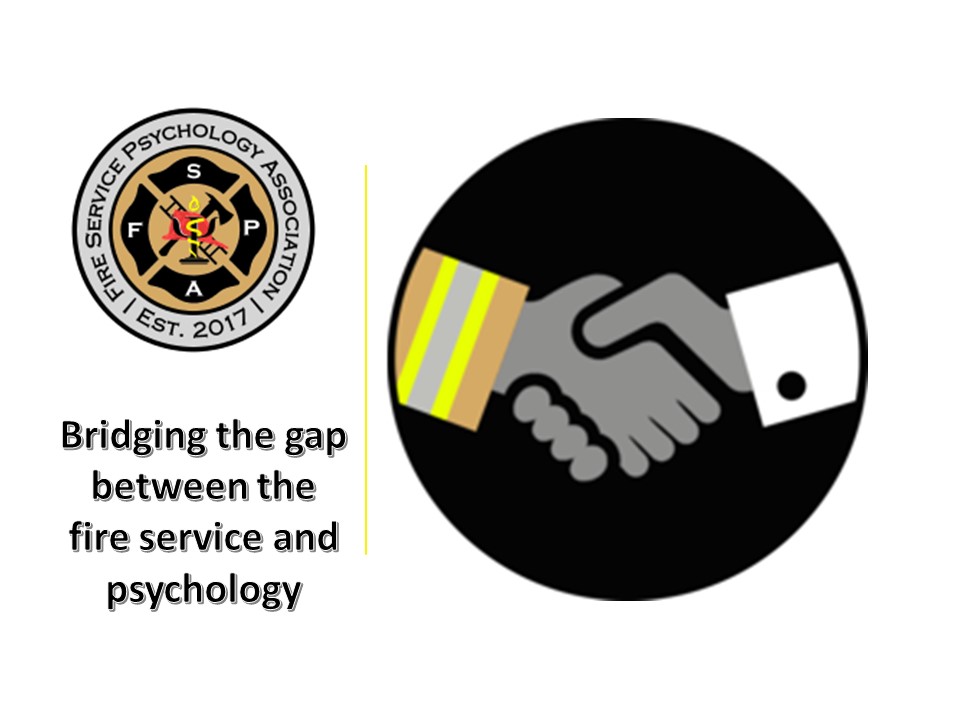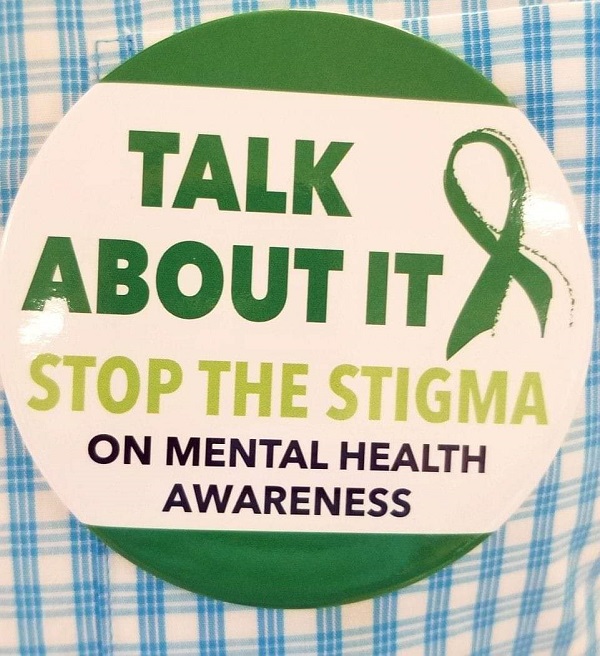By: Robert Avsec, Executive Fire Officer

Firefighters face unique and intense challenges that can significantly impact their mental health. From witnessing traumatic events to enduring physically demanding tasks, the mental toll is immense. The major fire service organizations, known as the “Nine Sisters,” have a vital role to play in safeguarding the well-being of firefighters. Collaborating with the Fire Service Psychology Association (FSPA) is not just beneficial, but imperative. Here’s why:
Understanding the Mental Health Crisis
The limited research to date indicates that firefighters experience higher rates of mental health issues such as PTSD, depression, and anxiety compared to the general population. One of the most referenced studies, Ruderman White Paper on Mental Health and Suicide of First Responders [1], highlights the mental health challenges faced by first responders, including firefighters, and the elevated rates of suicide within this group. While the number of firefighter suicides is estimated at 200+ per year, there is currently no system in place to accurately collect such data.
The nature of their work exposes them to daily stressors that can lead to long-term psychological effects. Despite these challenges, there remains a stigma surrounding mental health in the fire service which often prevents individuals from seeking mental health services.
Comprehensive Mental Health Support
The FSPA specializes in fire service psychology, focusing on the unique mental health needs of firefighters. By collaborating with the FSPA, the “Nine Sisters” can develop targeted mental health programs and strategies that are tailored specifically to the fire service. This partnership can ensure that firefighters receive the comprehensive support they need, from preventive measures to crisis intervention.
Leveraging Expertise
The “Nine Sisters” possess extensive knowledge and resources within the fire service, while the FSPA brings expertise in psychology and mental health. Combining these strengths can lead to the creation of innovative and effective mental health initiatives. This synergy can help in developing training programs, peer support systems, and therapeutic interventions that are informed by both fire service realities and psychological best practices.
Reducing Stigma
One of the biggest barriers to addressing mental health in the fire service is the stigma associated with seeking help. By publicly supporting mental health initiatives and collaborating with the FSPA, the “Nine Sisters” can help normalize the conversation around mental health. This can create a culture where firefighters feel safe and encouraged to seek support without fear of judgment.
Enhancing Resilience and Performance
Mental health directly impacts job performance and resilience. By prioritizing mental health, the “Nine Sisters” can contribute to a more resilient and effective workforce. Firefighters who receive proper mental health support are better equipped to handle the demands of their job, leading to improved overall performance and safety.
Policy and Advocacy
The “Nine Sisters” have significant influence in shaping policies and standards within the fire service. Partnering with the FSPA can help integrate mental health considerations into these policies. This can include implementing mandatory mental health training, establishing guidelines for psychological evaluations, and advocating for legislative support to fund mental health programs.
The Way Forward
To truly protect and enhance the mental health of firefighters, the “Nine Sisters” must take proactive steps to collaborate with the FSPA. This partnership can lead to the development of a comprehensive mental health strategy that addresses the unique challenges faced by firefighters. By uniting forces, these organizations can ensure that mental health becomes a priority within the fire service, paving the way for a healthier, more resilient, and effective workforce.
In conclusion, the collaboration between the “Nine Sisters” and the Fire Service Psychology Association is essential for developing strategies to improve and protect the mental health of firefighters. It’s time for these influential organizations to come together and create a supportive environment where mental health is prioritized, and firefighters receive the care they deserve.
References
1. Heyman, M., Dill, J., Douglas, R. (2018). Ruderman White Paper on Mental Health and Suicide of First Responders. Ruderman Family Foundation. <Available Online> Ruderman White Paper on Mental Health and Suicide of First Responders – Ruderman Family Foundation
 Fire & EMS Leader Pro The job of old firefighters is to teach young firefighters how to become old firefighters!
Fire & EMS Leader Pro The job of old firefighters is to teach young firefighters how to become old firefighters!

